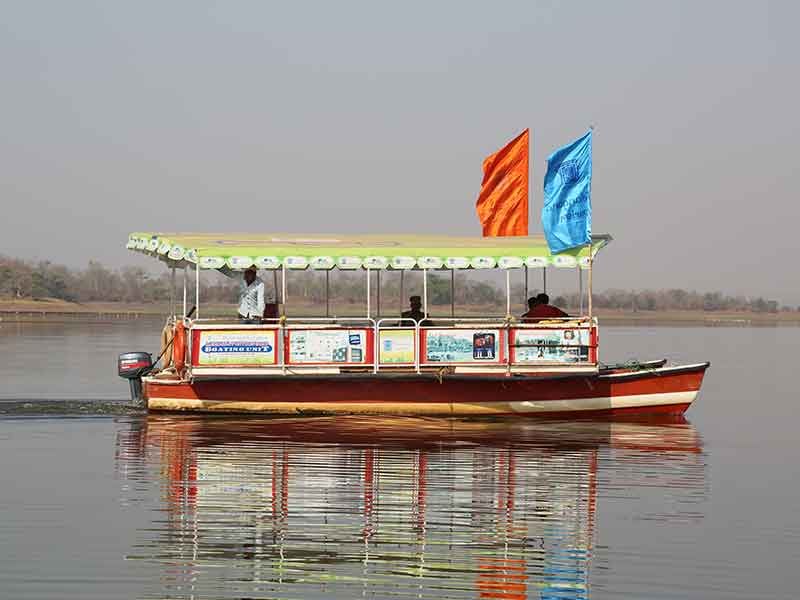Are you planning to explore the beautiful waters and take the boat out for a spin this summer vacation? Before setting sail, it’s important to understand that boating licenses and regulations exist to keep you and others safe. The rules vary depending on your location, but there are several universal regulations to follow.

Why Do You Need a Boating License?
Boating laws exist because boating is a dangerous activity; accidents can happen, and people can get hurt. A boating license helps ensure the operators have the knowledge and skills needed to operate a vessel safely. The requirements and exemptions for a boating license vary by state, and some states don’t require them. However, even in the absence of strict laws, it’s essential to enroll in a basic boating safety course.
What Are the Basic Boating Safety Course Components?
Enrolling in a basic boating safety course helps you understand the fundamental aspects of boating. Generally, the course covers essential topics like:
- Boating Terminology: Understanding the nomenclature of different parts of the boat is essential for both communication and repair purposes.
- Waterway Signs and Markers: To avoid collisions with other vessels and obstructions, it’s essential to understand and obey the markers and signs.
- Navigation: Knowing how to navigate your way in open water using GPS and various other instruments is critical to ensuring safe travel.
- Emergency Preparedness: It’s crucial to be prepared for every possible scenario on the water. The topics can include first aid, diving, and rescue techniques.
- Local Requirements: Learning about the specific rules and regulations will help you avoid fines and penalties.

What Are The Different Kinds of Boating Licenses?
The kinds of boating licenses vary from state to state. The following are some of the most common:
- Operator’s License: Some states require an operator’s license to operate specific boats, such as vessels with a large engine.
- Personal Watercraft License: Similarly, some states require that you have a personal watercraft license to drive watercraft like jet skis.
- Commercial Boating License: If you operate a boat for commercial purposes like fishing charters or ferries, you will need a commercial boating license.
What Are The General Regulations for Boating?
Regardless of your location, some regulations apply universally to all vessels. The following are the general safety regulations:
- Life Jackets: The operator and all passengers need to have a life jacket available for each person on board.
- Navigation Lights: Navigation lights must be visible from a distance and used accordingly to warn other boaters of your position.
- Alcohol and Drug Regulations: Boating under the influence of drugs or alcohol is illegal, and it poses a severe threat to everyone on the water.
- Speed Limits: Speed limits are implemented in specific areas for safety and environmental reasons to ensure no unnecessary harm is caused.
Boating licenses and regulations exist to ensure the safety of every person on the water. While your location might determine the specifics of the laws, it’s essential to educate oneself about the regulations to avoid penalties and fines. Adhering to basic safety rules can help you have a safe boating experience that everyone will enjoy. Take a basic boating safety course, obtain the proper licenses, and follow the regulations to avoid any legal and safety hazards.

